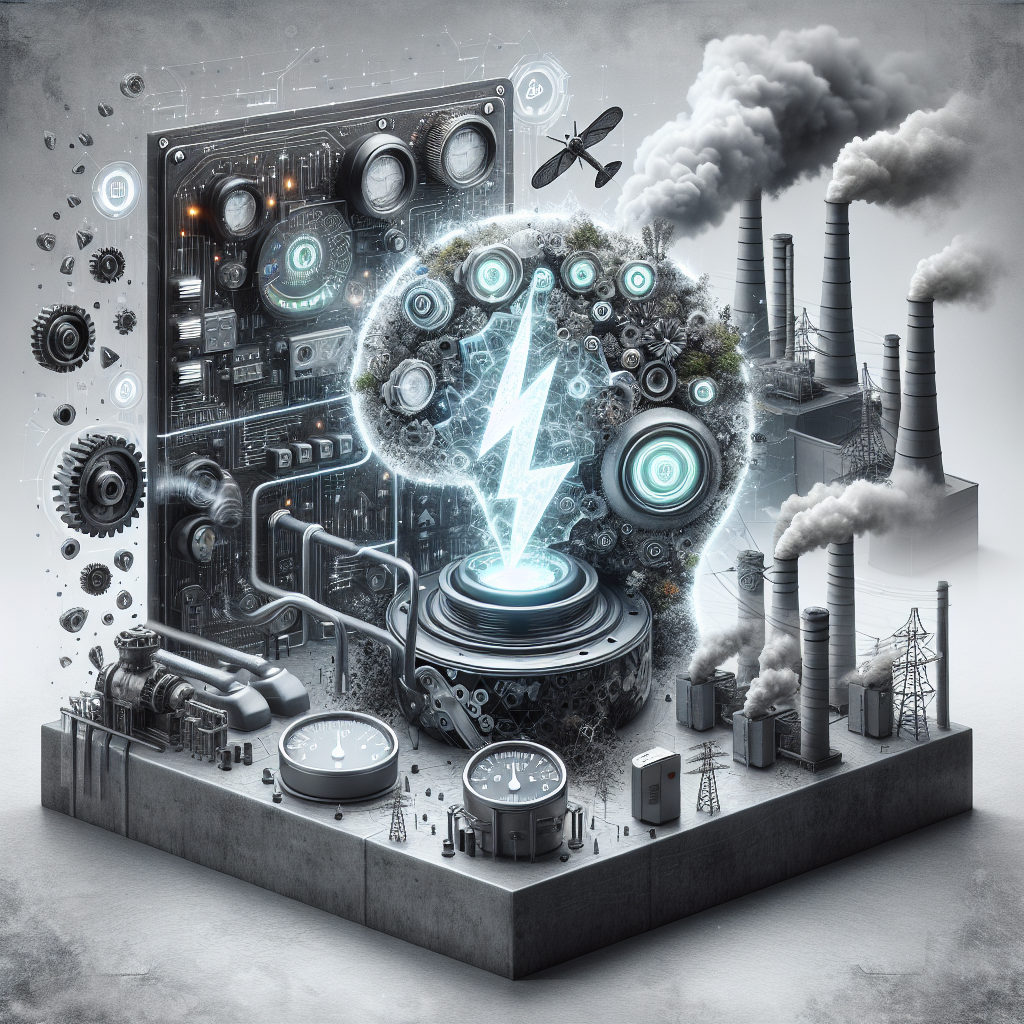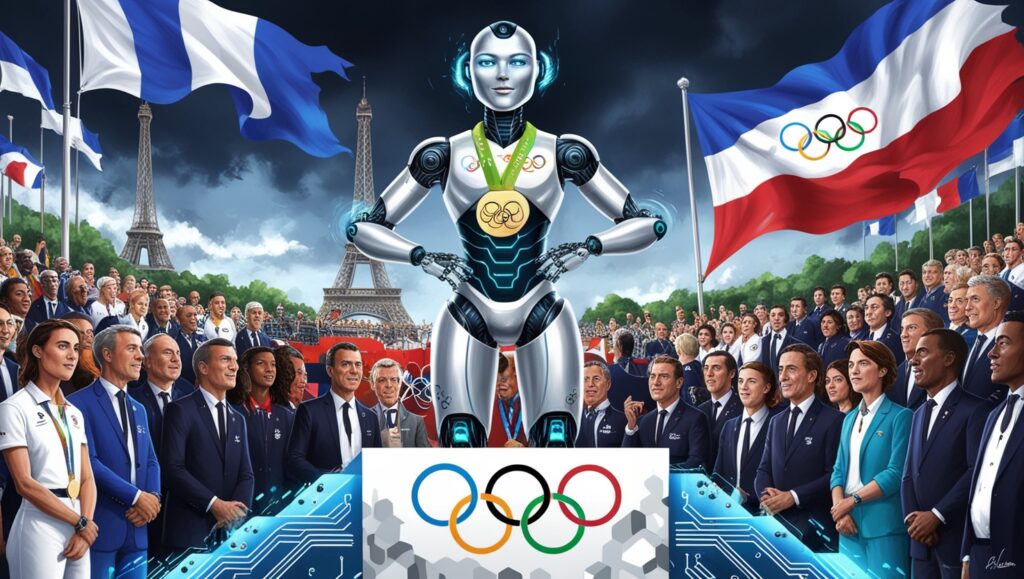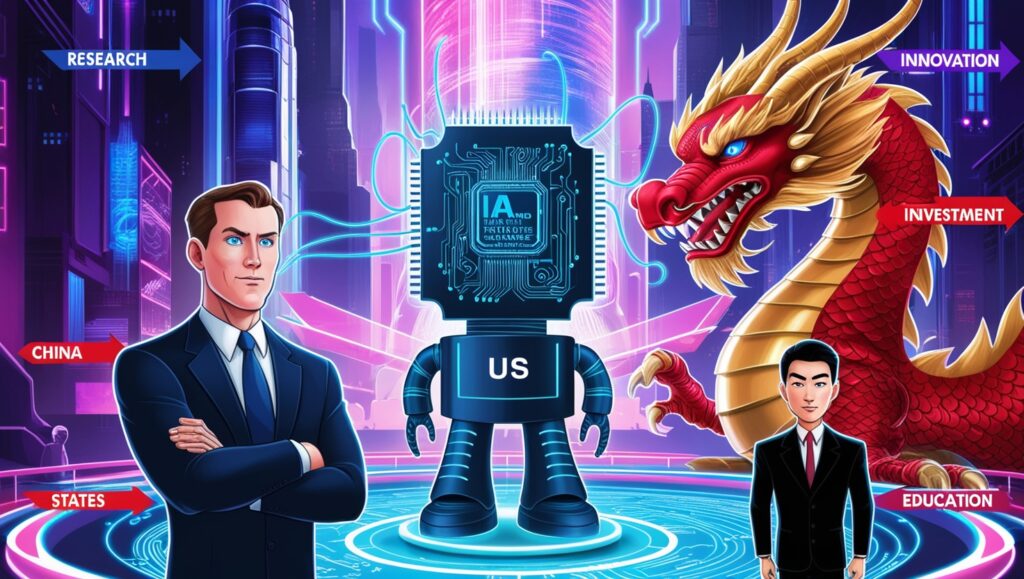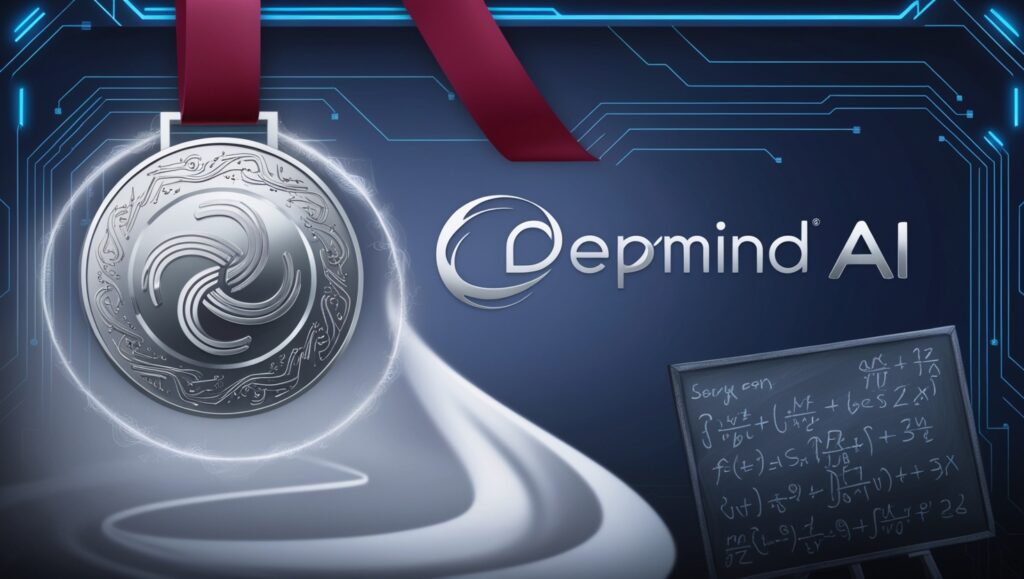The chip design company Arm gained notoriety by coming up with solutions to reduce smartphone power consumption and increase battery life. According to the company’s head, artificial intelligence applications require the same emphasis on energy efficiency.
Prior to the announcement on Tuesday by the United States and Japan regarding a $110 million program to finance AI research at universities in both countries, Arm’s CEO, Rene Haas, gave a speech. Together, Tokyo-based SoftBank Group and the U.K.-based Arm are providing $25 million in funding for the initiative.
According to Haas, AI models like OpenAI’s ChatGPT are just “insatiable in terms of their thirst” for electricity. They get more intelligent as they acquire more data, but this requires more power as the amount of data increases.
In the absence of increased efficiency, AI data centers may account for 20% to 25% of the U.S. power needs by the end of the decade. He replied that’s probably 4% or less now. “To be honest with you, that’s not very sustainable.”
In recent months, technology leaders have been paying more and more attention to the power problem, which has increased the value of the stocks of companies that own and run electric power plants.
An average request to ChatGPT uses 2.9 watt-hours of electricity, which is the same as turning on a 60-watt lightbulb for less than three minutes, according to a January report from the International Energy Agency. That is almost ten times more than what one typically finds on Google. According to the organization, the AI sector’s power consumption is predicted to increase by at least of ten times between 2023 and 2026.
According to Haas, if the power requirements for these massive data centers for people to conduct research on keep rising, it will be challenging to hasten the discoveries that we need.
He expressed optimism that the joint U.S.-Japan research effort will address the electricity problem. The collaboration between Carnegie Mellon University in Pittsburgh and Keio University in Japan will benefit from Arm’s funding.
The collaboration is an initiative of U.S. Ambassador to Japan Rahm Emanuel, who last year arranged a $150 million quantum computing research program between the United States and Japan supported by IBM and Google. In another area of the AI collaboration, the University of Washington and the University of Tsukuba in Japan will get $25 million in funding each from Amazon.com and Nvidia.
In light of rival AI and quantum computing research being conducted in China, Emanuel stated that cooperation between the two allies was crucial. In contrast to previous measures by Chinese President Xi Jinping to restrain the nation’s tech behemoths, he stated that the United States and Japan will combine the efforts of academia and industry.
“Stifle entrepreneurship is one of the drawbacks of what Xi has done,” Emanuel stated. “Our model will have greater success.”
The Chinese Embassy in Washington’s Liu Pengyu, a spokesman, described the remarks as reckless and stated that the Chinese government values innovation and entrepreneurship and has taken action to support the private sector. According to him, international technological collaboration ought to support open trade and stability “instead of targeting or undermining the interests of a third party.”








